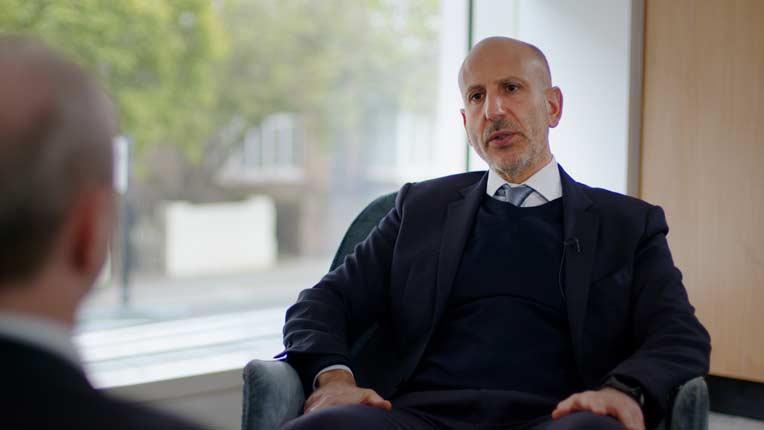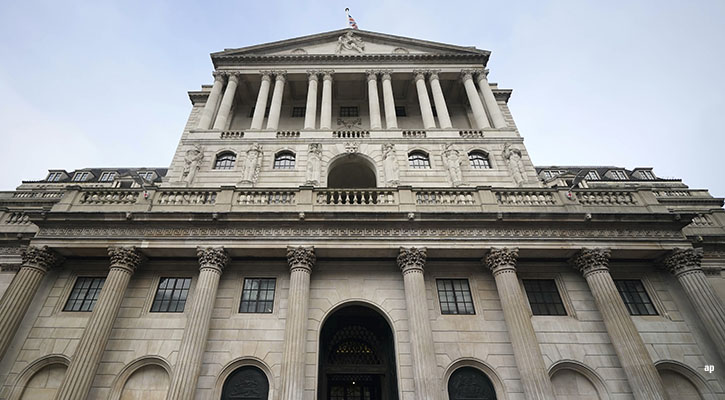Investors have recovered their bullishness towards equity markets but continue to shift focus away from Europe and into the US and Japan, according to the results of the latest BofA Merrill Lynch Survey of Fund Managers.
Last month’s survey revealed asset allocators had scaled back their growth expectations and retreated into cash, though their appetite for risk within equities was on the up and there was a renewed willingness to buy into laggard sectors and region. (Read last month’s report here.) This time round, however, investors have restored their faith in equities with a net 46% of asset allocators saying they are overweight the asset class up from 33% the previous month. In line with this improvement in sentiment towards equities, cash positions have fallen in March and survey respondents are now a net neutral when it comes to cash allocation versus a net 12% underweight in February.
Europe is thoroughly unpopular
By region, it looks to be a sorry state of affairs for Europe as global investors now believe that the corporate outlook is better away from the eurozone and a net 40% of the global fund managers questioned said the outlook for European corporate profits is the least favourable of all regions.
“Investors’ concerns about Greece are easing but European country risk remains a key constraint to optimism over economic recovery,” said Gary Baker, head of European Equities strategy at BofA Merrill Lynch Research. “Investors are more willing to embrace corporate risk, via equities, than sovereign risk,” added his colleague Michael Hartnett, chief Global Equities strategist.
A net 21 percent of fund managers are underweight European equities this month, continuing the trend seen over the first two months of 2010, when asset allocators were first overweight the region by a net 2% and then 11% underweight in February. US equities have experienced a similar change in favour—but in the opposite direction—with a net 19% of asset allocators now overweight US equities in March versus just 1% in January. Japan has also seen its popularity grow amongst global investors, who this month registered the most bullish sentiment towards the country’s equities seen since August 2007.
Corporate outlook good, macro-economic outlook bad
Against a backdrop of concerns over public sector deficits investors are showing greater bearishness about the macro economic outlook but greater bullishness about companies, this month’s survey has revealed.
BofA Merrill Lynch’s regional fund manager survey revealed that the net number of European fund managers predicting growth in their own economy over the coming 12 months has now fallen to just 45%, in stark contrast to the overwhelmingly optimistic 72% recorded in January. But this fall in optimism is not restricted to the eurozone; US investor sentiment has suffered a similar drop over the past few months so that now just 43% expects North America’s economy to grow over the next 12 months.
The picture is a little more rosy at the corporate level. The majority (60%) of fund managers in Europe predict improved earnings over the next year, while almost three-quarters (72%) of managers based in the US are expecting to see corporate profit growth.
Within equity investments, fund managers in Europe have increased exposure to cyclical sectors, including basic resources and construction and reduced their underweight position on banks. US investors, meanwhile, have also increased exposure to cyclicals but have extended their underweight positions in banks.
Concern over rate hikes has been paused
Building on a trend seen last month, European investors have sharply scaled back their expectations of a rate hike by the European Central Bank before October 2010. The vast majority (85%) of European respondents are now ruling out a hike before the fourth quarter, up from only 45% in February.
The global panel views change in monetary policy as less of a threat to macro-economic stability. Just under half the global survey respondents described monetary policy as an “above normal” risk, compared with 55% in February, and a net 58% said they expect long-term interest rates to increase, down from 65% last month.























